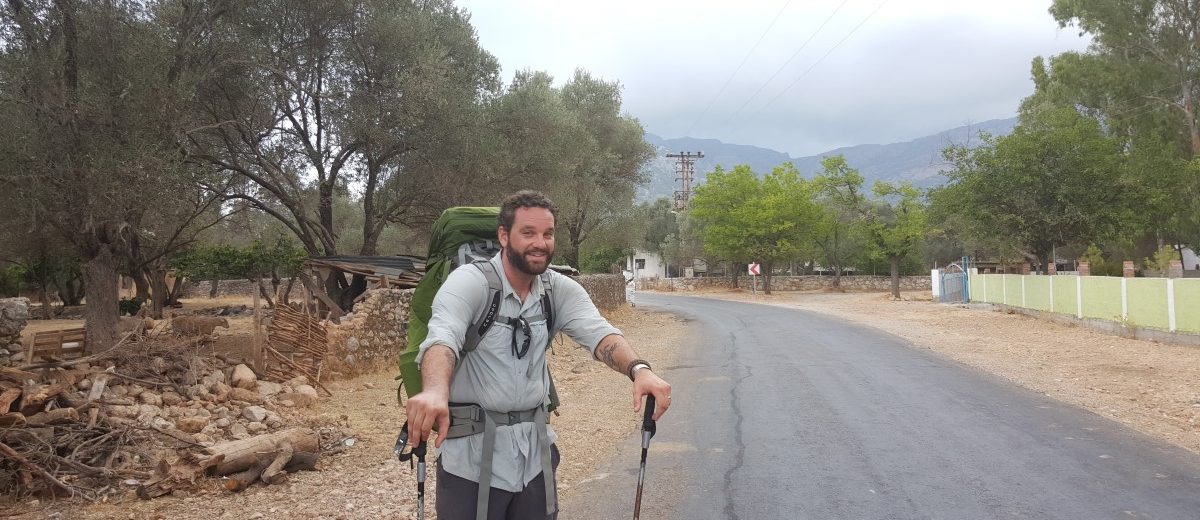How do you view your past?
In my line of work, we focus a lot of time talking about regrets. I have come to view regrets differently over the years… More accurately, I have come to analyze HOW people view their own regrets. The angle from which people view themselves and their regrets often gives great insight into their overall thought process of themselves, others, and the world in general. Heck, sometimes it gives me the best insight into how a person functions in the world. Why you ask? Well, first let’s review the dictionary definitions of regret.
As a verb:
1. Feel sad, repentant, or disappointed over (something that has happened or been done, especially a loss or missed opportunity)
As a noun:
2. A feeling of sadness, repentance, or disappointment over something that has happened or been done.
There are two distinct different “feelings” that one can experience when it comes to regret that I think are highlighted above, one is a “missed opportunity” and the other is a bad decision, poor outcome, or disappointed feeling from something that WAS. I don’t know about anyone else, but the “missed opportunity” ones have a different feeling to them in my mind. Instead of regretting something because of what WAS, we are left to regret something because of what MIGHT HAVE BEEN, and since we don’t know the outcome of that, it has an entirely different way of upsetting us.
I’ll ask you to take an inventory, a little soul searching if you will. Take the time to write down your biggest regrets in your life, categorize them as I defined above. In one column place the regrets of what WAS, (because it played out) and in the other place the regrets that fall under WHAT MIGHT HAVE BEEN (because you never did something) and see what your list looks like.
Is your list heavily weighted on the WAS category, or more so on the WHAT MIGHT HAVE BEEN category? Take a moment to think about what this represents. Also take the time to recognize that you probably feel as though your list is similar to everyone else’s in its weighting. I’m here to tell you it’s not. I have seen many people complete similar assignments and have found that people tend to be more heavily weighted towards one or the other. So, what does all this mean? Well, as I referenced at the beginning, I believe that this lends a lot of insight into your thought process. Since we are constantly referencing our past as a way of understanding our own lives (especially someone struggling psychologically) we are tainted by our own views and feelings of our experiences in life. Say for example, you have incredible regrets for something you DID, you clearly show a desire to change or not do that thing again… A fact often missed by those who feel that way. Or, if you have extreme regret about something you DID NOT DO, then you may wish to seek more decisiveness in your life.
As a part of my work in my life so far, I have had the PLEASURE of working with people literally on their death bed. I say pleasure because I know that in those instances I was useful in being a non-judging ear to those wishing to speak, and I in return was the gainful recipient of decades of human experience and insight. I’ve always made a point of asking those in that situation as well as any elderly person what knowledge they would most want to pass on, what regrets they struggled with the most and wished to help others not have, and across the world their answers are always similar. It always goes something like this.“I don’t regret anything I did, at the time I was making the best decision I could, sure I could have done better, but I didn’t. What I regret most is that I didn’t take the time to experience life, I always had an excuse for why I couldn’t do something, always had the fear that I wouldn’t succeed so I didn’t bother trying, didn’t travel enough when I was young, didn’t spend enough time with family. I don’t regret the things I have done, I regret the fact that I blinked and life passed me by, I regret all the things I’ll never know because I didn’t.”
It hits me like a wall every time I play back these types of statements in my mind, I too spend too much time worrying about little things in life that don’t really matter, and if I were honest with myself, lying on my deathbed tomorrow, or in 50 years, I can honestly say I feel the same… I never hiked the entire 2100 miles of the Appalachian Trail in 2005 with my best friend because of some REALLY STUPID reasons… It haunts me as one of those things that could have been, in fact, SHOULD have been.
Live life with purpose, recognize that you do the best you can do with your decisions day to day (as long as you can honestly say you do) and forgive yourself for things that didn’t turn out perfect because they have already happened… there is nothing you can do about them. Make a conscious decision to not have any regrets because of something you didn’t do.
“Always do your best. Your best is going to change from moment to moment; it will be different when you are healthy as opposed to sick. Under any circumstance, simply do your best, and you will avoid self-judgement, self-abuse and regret.” – Don Miguel Ruiz
